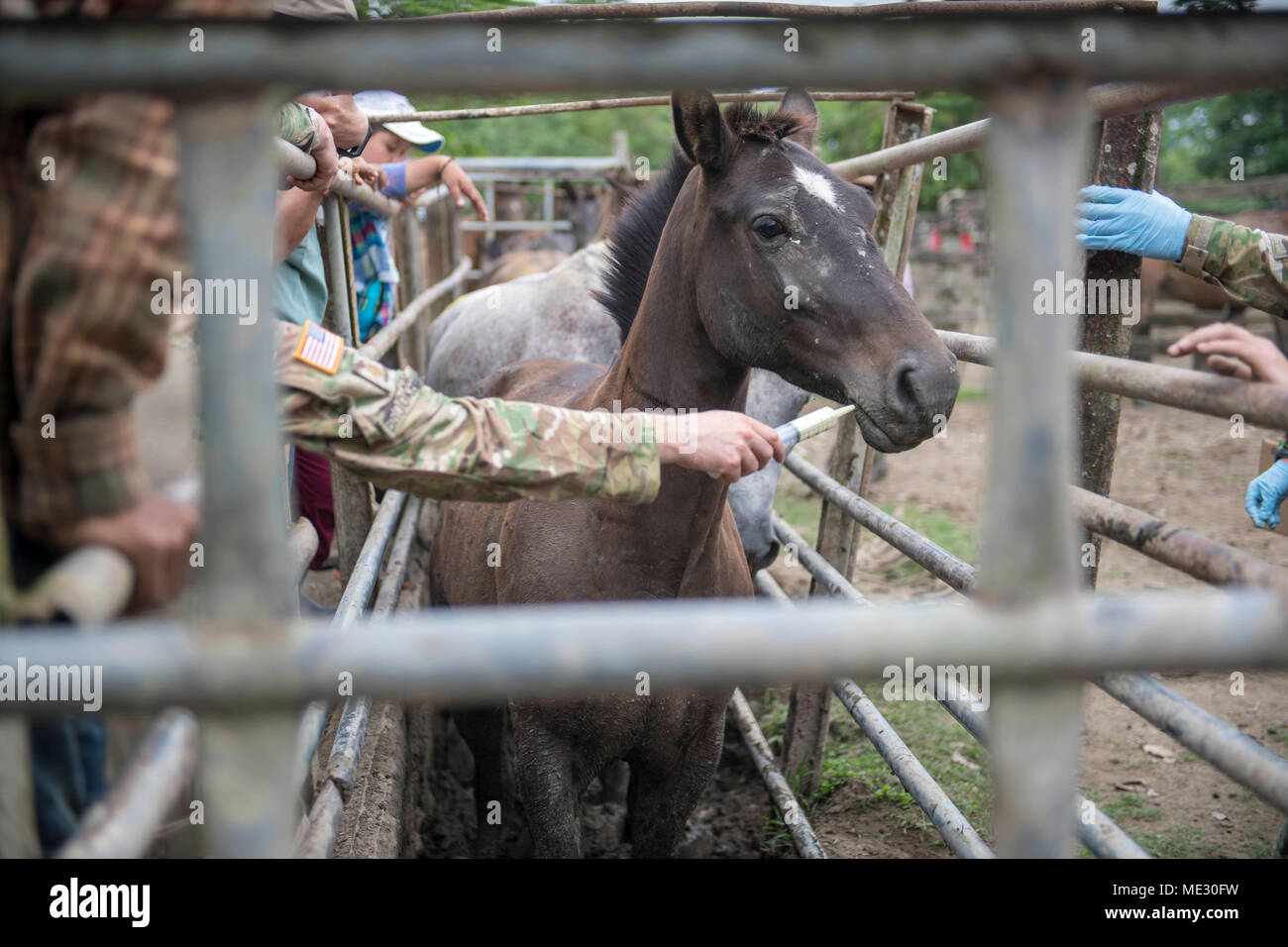Teaching Your Horse to Accept Dewormers: A Comprehensive Guide

Administering dewormers to horses is essential for maintaining their health, but it can often be a challenging task. Many horses resist taking dewormers due to the taste or unfamiliarity with the process. This article will guide you through effective methods to teach your horse to accept dewormers calmly and willingly.
Why Deworming is Important

Parasites can cause significant health issues in horses, including weight loss, colic, and poor coat condition. Regular deworming helps control these parasites and ensures your horse remains healthy and comfortable.
Understanding Your Horse’s Behavior
Horses are naturally cautious animals. They may reject dewormers because of the taste, texture, or the method of administration. Recognizing your horse’s body language and stress signals can help you approach the process more effectively.
Step-by-Step Guide to Teaching Your Horse to Accept Dewormers
| Step | Action | Tips |
|---|---|---|
| 1 | Familiarize Your Horse with the Dewormer | Let your horse sniff and see the dewormer to reduce fear of the unknown. |
| 2 | Use Positive Reinforcement | Reward your horse with treats or praise when they show calm behavior. |
| 3 | Practice Handling the Mouth | Gently open your horse’s mouth regularly to get them used to the sensation. |
| 4 | Administer Small Amounts First | Start with a small dose to build acceptance before giving the full amount. |
| 5 | Be Consistent and Patient | Regular practice and calm demeanor help build trust and cooperation. |
Tips for Successful Dewormer Administration
- Use flavored dewormers if available to mask unpleasant tastes.
- Administer dewormers at a quiet time to minimize distractions.
- Have a helper assist you if your horse is particularly resistant.
- Always follow the dosage instructions provided by your veterinarian.
Frequently Asked Questions (FAQ)
Q1: How often should I deworm my horse?
A: Deworming schedules vary based on your horse’s age, environment, and parasite risk. Consult your vet for a tailored plan.
Q2: What if my horse refuses to take the dewormer?
A: Try different administration techniques, use flavored options, or consult your vet for alternative methods.
Q3: Can I mix dewormers with feed?
A: Some dewormers can be mixed with feed, but this may reduce effectiveness if the horse doesn’t consume the entire dose. Always check with your vet.
By following these guidelines, you can make the deworming process less stressful for both you and your horse, ensuring their health and well-being.
Remember, patience and consistency are key when teaching your horse new behaviors.
